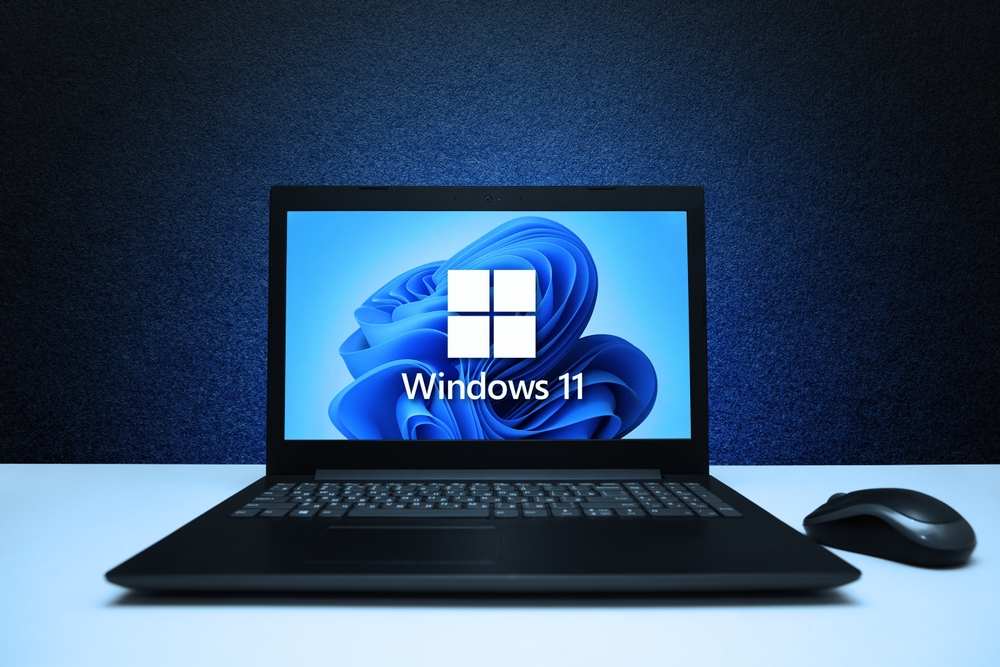Microsoft has introduced a new feature for Windows 11 called Recall. This tool tracks and records all user actions on the computer, allowing users to easily return to tasks or revisit websites they previously interacted with. The scope of the Recall feature, also known as AI Explorer, is extensive. It records user actions in applications, during online conversations, while browsing websites, and more. The Recall tool displays virtually all user actions in Windows 11 on a timeline similar to the Timeline from Windows 10. Using AI search, users can make queries in natural language to find information from the past.

Requirements and Functionality
The Recall feature will not work on every computer running Windows 11. For it to function properly, a modern computer with a powerful processor and a built-in neural coprocessor (NPU) is required, providing AI-based functions. For instance, the new feature will work on devices with Qualcomm Snapdragon X Elite Arm chips, which are expected to hit the market later this year. Additionally, to run the Recall function, a computer must have an SSD with at least 250 GB of capacity, with at least 50 GB of free space. By default, 25 GB will be allocated for recording Recall data on a computer with a 256 GB disk, allowing the storage of information for approximately three months. Users can expand the amount of space available for data storage in the computer settings, and old data will be automatically deleted to make room for new data once the allocated storage space is exhausted.
Privacy and Control
Microsoft assures users that information indexed using Recall will remain private and stored locally on the device, adds NIX Solutions. Users can pause indexing or delete data that has already been recorded, and if necessary, disable the function completely. We’ll keep you updated on any further developments regarding this feature.
By keeping user data private and offering robust control options, Microsoft aims to enhance user experience while ensuring security.
